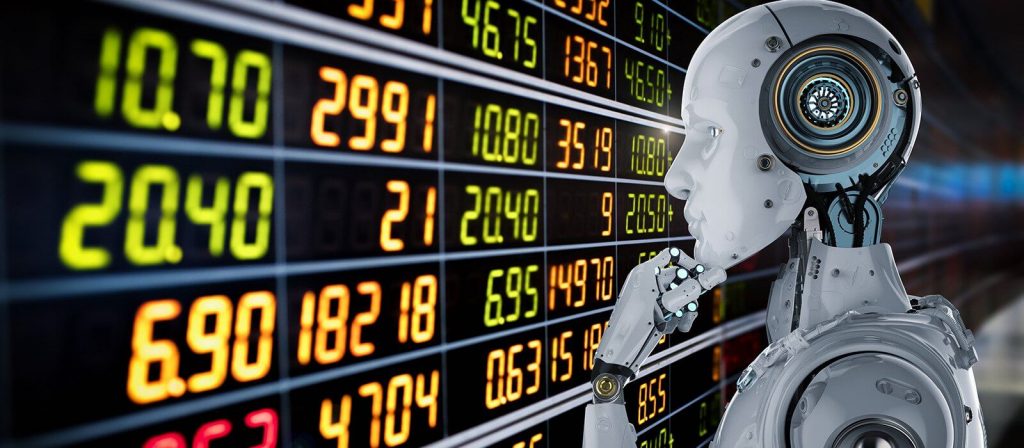
Rise of the Machines: AI and Investing
From risk management to share trading and even robo-advisors, artificial intelligence (AI) is transforming the investment space. Gone are the days of relying on Data Scientists and experienced Traders to spot patterns – AI can quickly, efficiently and accurately analyse the market and predict future movements. It can even tailor financial advice to suit a client’s risk profile.
However, it’s far from the Hollywood cliché of humans versus robots. The world’s top finance firms are excitedly rolling out AI to help them interpret big data and minimise errors, but – for now at least – the machines are operating strictly under the watchful eye of their experienced staff.
So how exactly is AI being used to help your investments make a profit?
Analysing the market
For investment firms, one of the biggest advantages of AI is its ability to analyse decades worth of financial data to track, monitor and predict the market. The AI sifts through huge amounts of information to identify triggers for potential fluctuations and is even being taught to predict market crashes in the hope of avoiding future recessions. AI powered stock-rankers such as Kavout are quickly proving their ability to identify patterns in financial markets, with their ‘top picks portfolio’ returning a 21.9% compound annual growth rate compares with the S&P 500’s 13.3%. (Source: Builtin)
Trading
AI may seem hyper-futuristic to most of us but, in reality, it’s a well-established mechanism for most of the big firms; data-driven investments totaled almost $1 trillion in 2018 (Source: Deloitte). Computers trawl through a wide range of sources from corporate databases to social media to make recommendations on which trades to complete, and can even use modelling software to ‘test the trade’ before any money changes hands. Financial news giant Bloomberg is now working with California-based AI firm Alpaca to provide short-term forecasts for a selection of major markets.
Risk
AI has been used to detect credit card fraud for years now, and it does so with much greater accuracy and efficiency than the former human process. Artificial intelligence looks likely to become just as important for managing risk within the investment space, thanks to its analytical and modelling capabilities.
On a more individual basis, AI can be used to alert investors when an individual stock is likely to decline and give them a chance to decrease their holdings before risking a big loss. Equally, it could inform those with a higher risk appetite when stocks with good future potentials are going cheap.
Maximising your money
Okay, so it’s not strictly helping us to invest, but the rise of smart finance trackers is helping consumers across the globe to manage their money more effectively. Apps that tell us what we’re spending, where we’re spending it and how much we could afford to put aside each month are revolutionising the way we think about our finances. If AI has helped you to find some extra room in your budget, you might feel comfortable seeing how it could help streamline your investments. Virtual financial assistant Abe AI has partnered up with some of the world’s most recognisable brands including Google, Facebook and Amazon Alexa to provide a range of services from personal financial management to budgeting strategies.
Looking ahead
Although the future looks bright for AI in investing, there are some concerns – a lack of transparency caused by complicated algorithms, a lack of sensitivity with regards to discrimination, and a worry that human expertise will be replaced.
Ultimately, it’s not just the machines that have to learn new skills. As the adoption of AI becomes more commonplace, the industry must learn how best to place new technology. Used in the right way, artificial intelligence is one of the most promising tools ever to reach the investment space and has the potential to revolutionise the way we manage our money.








